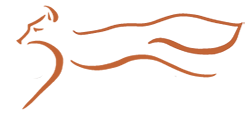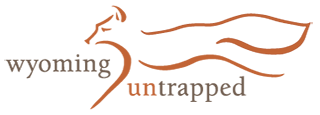About
Mission Statement
Wyoming Untrapped promotes trapping reform through education and advocacy for Wyoming’s people, pets and wildlife.
- Education. Informing the public of the hazards of Wyoming’s inhumane wildlife trapping practices.
- Reform. Encouraging wildlife management agencies and decision makers to modernize the state’s trapping regulations.
- Advocacy. Mobilizing a concerned citizenry to achieve solution-based strategies to reach our mission.
Education
Informing the public of the hazards of Wyoming’s inhumane wildlife trapping practices.
Reform
Encouraging wildlife management agencies and decision makers to modernize the state’s trapping regulations.
Advocacy
Mobilizing a concerned citizenry to achieve solution-based strategies to reach our mission.
Scroll down to learn more…
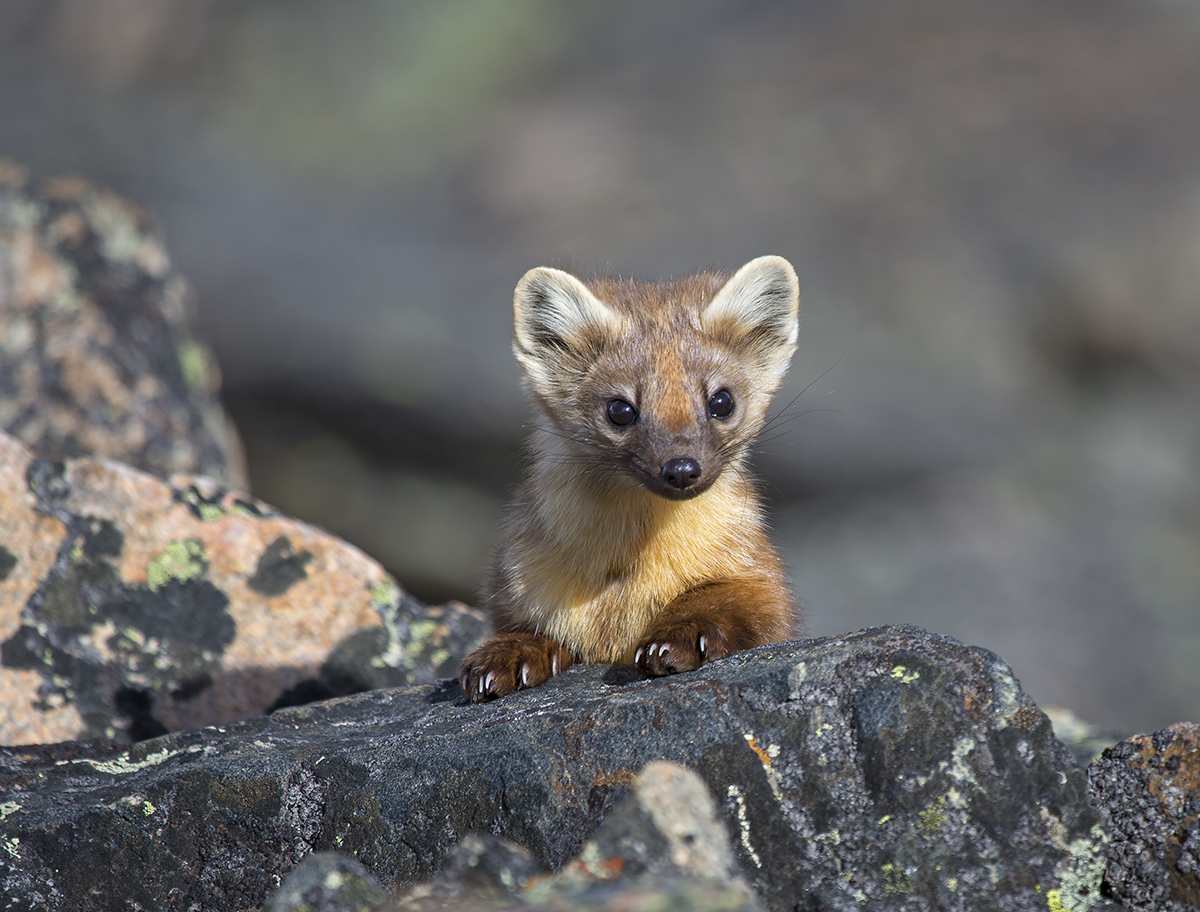
Education
We strive to share pertinent, up-to-date, science-based information with the public, and encourage individuals, organizations, local communities, and government agencies to work collaboratively to achieve meaningful trapping reform and progressive wildlife management.
As our society and climate rapidly change, resulting in significant impacts to our wildlife and habitat, we need a new and creative approach to wildlife management that involves the larger public. As trapping continues almost anywhere on public land, our people, pets and wildlife suffer the impacts. Tens of thousands of animals targeted for trapping die each year in Wyoming. Thousands more non-target animals, including dogs, livestock, endangered and threatened species, and birds of prey are trapped and killed as well. Education is a cornerstone to our approach to raise public awareness of the issues surrounding our outdated wildlife management. We believe change will follow.

Education
We strive to share pertinent, up-to-date, science-based information with the public, and encourage individuals, organizations, local communities, and government agencies to work collaboratively to achieve meaningful trapping reform and progressive wildlife management.
As our society and climate rapidly change, resulting in significant impacts to our wildlife and habitat, we need a new and creative approach to wildlife management that involves the larger public. As trapping continues almost anywhere on public land, our people, pets and wildlife suffer the impacts. Tens of thousands of animals targeted for trapping die each year in Wyoming. Thousands more non-target animals, including dogs, livestock, endangered and threatened species, and birds of prey are trapped and killed as well. Education is a cornerstone to our approach to raise public awareness of the issues surrounding our outdated wildlife management. We believe change will follow.
Reform
Wyoming’s wildlife management is not keeping pace with our modern society’s views of the intrinsic value of our wildlife. Programs and agencies need to transform to engage and serve broader constituencies.
Currently, archaic steel traps can be set on any public trail or almost anywhere on public lands resulting with few trap-free areas that offer a reasonable expectation of safety for the public or wildlife. Unregulated predator killing contests for fun and prizes are on the increase. Science takes a secondary role in our management agency’s policy decisions due to the outdated perspective on wildlife and the absence of the non-consumptive public in the decision-making. The growing broader public must insist that our wildlife management agencies recognize and utilize the principles of modern day wildlife biology along with the values of non-consumptive users to inform actions of wildlife management that account for diversity in decisions regarding Wyoming’s wildlife.
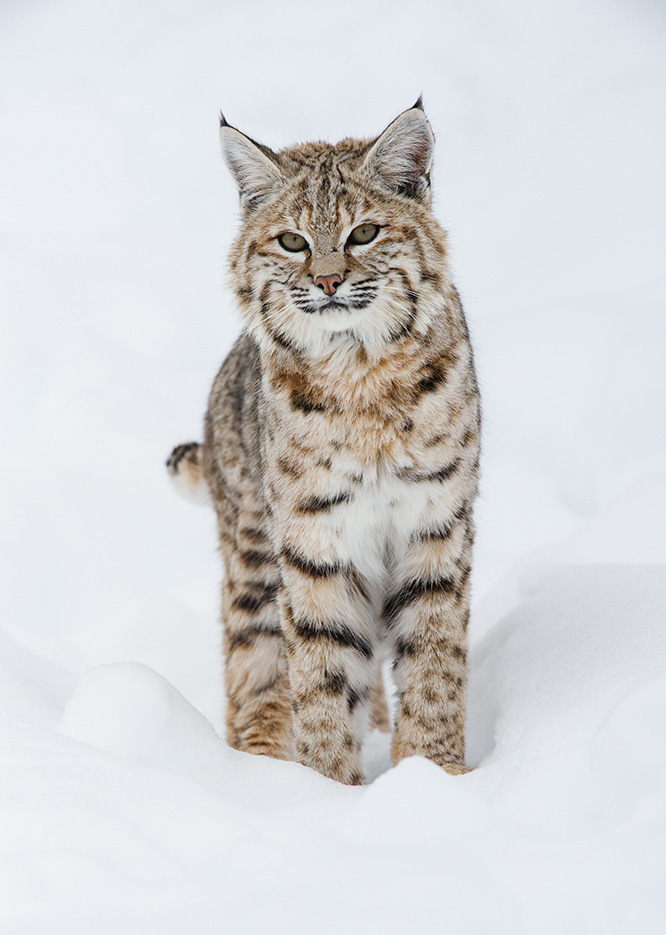

Reform
Wyoming’s wildlife management is not keeping pace with our modern society’s views of the intrinsic value of our wildlife. Programs and agencies need to transform to engage and serve broader constituencies.
Currently, archaic steel traps can be set on any public trail or almost anywhere on public lands resulting with few trap-free areas that offer a reasonable expectation of safety for the public or wildlife. Unregulated predator killing contests for fun and prizes are on the increase. Science takes a secondary role in our management agency’s policy decisions due to the outdated perspective on wildlife and the absence of the non-consumptive public in the decision-making. The growing broader public must insist that our wildlife management agencies recognize and utilize the principles of modern day wildlife biology along with the values of non-consumptive users to inform actions of wildlife management that account for diversity in decisions regarding Wyoming’s wildlife.

Advocacy
We promote an overall ethic of compassionate coexistence for our wildlife and other natural resources in our rapidly changing society.
Wildlife has intrinsic value both as sentient beings and as vital contributors to the health of our ecosystem. However, animals caught in traps suffer needlessly. We encourage better understanding, which we believe will lead to increased value of wildlife. Compassionate coexistence will naturally lead to a more balanced approach to management of natural resources and less tolerance of unchecked exploitation. We advocate for greater safety for pets and people and for increased accountability for trappers. We advocate for changes in Wyoming’s laws and regulations to better meet the needs and expectations of an ever more educated public to join us in creating a conservation ethic aligned with ecological and socially current principles.

Advocacy
We promote an overall ethic of compassionate coexistence for our wildlife and other natural resources in our rapidly changing society.
Wildlife has intrinsic value both as sentient beings and as vital contributors to the health of our ecosystem. However, animals caught in traps suffer needlessly. We encourage better understanding, which we believe will lead to increased value of wildlife. Compassionate coexistence will naturally lead to a more balanced approach to management of natural resources and less tolerance of unchecked exploitation. We advocate for greater safety for pets and people and for increased accountability for trappers. We advocate for changes in Wyoming’s laws and regulations to better meet the needs and expectations of an ever more educated public to join us in creating a conservation ethic aligned with ecological and socially current principles.
Our History
How we startedWyoming Untrapped (WU) launched a Facebook page Oct 1, 2012 in response to increased trapping pressure in the Teton County area, as several domestic dogs were injured as ‘by-catch’ of trapping activities. The delisting of wolves from the Endangered Species Act, which occurred during that time, may have contributed to the popularity of predator trapping outside the wolf trophy management zone.
In June 2013, WU organized a trap release workshop in Wilson, Wyoming. Dave Pauli of the Humane Society of the United States conducted the workshop. Concerned about the increasing presence of traps, about 100 people attended the workshop. The event helped raise awareness of trapping issues and also the existence of WU.
Still a volunteer organization, WU began to get inquiries from people requesting trapping reform and a safer environment for dogs, other animals and people, particularly in areas heavily used for recreation. In August 2013, WU volunteers began moving forward with an application to the Internal Revenue Service for non-profit status, and formally created a governing board of three directors.
In November 2013, the Community Foundation of Jackson Hole approved a WU application for fiscal sponsorship. WU added a Program Director in early December 2013.
We received our non-profit, 501(c)3, status in May 2014 and fully transitioned out of CFJH fiscal sponsorship in October 2014.
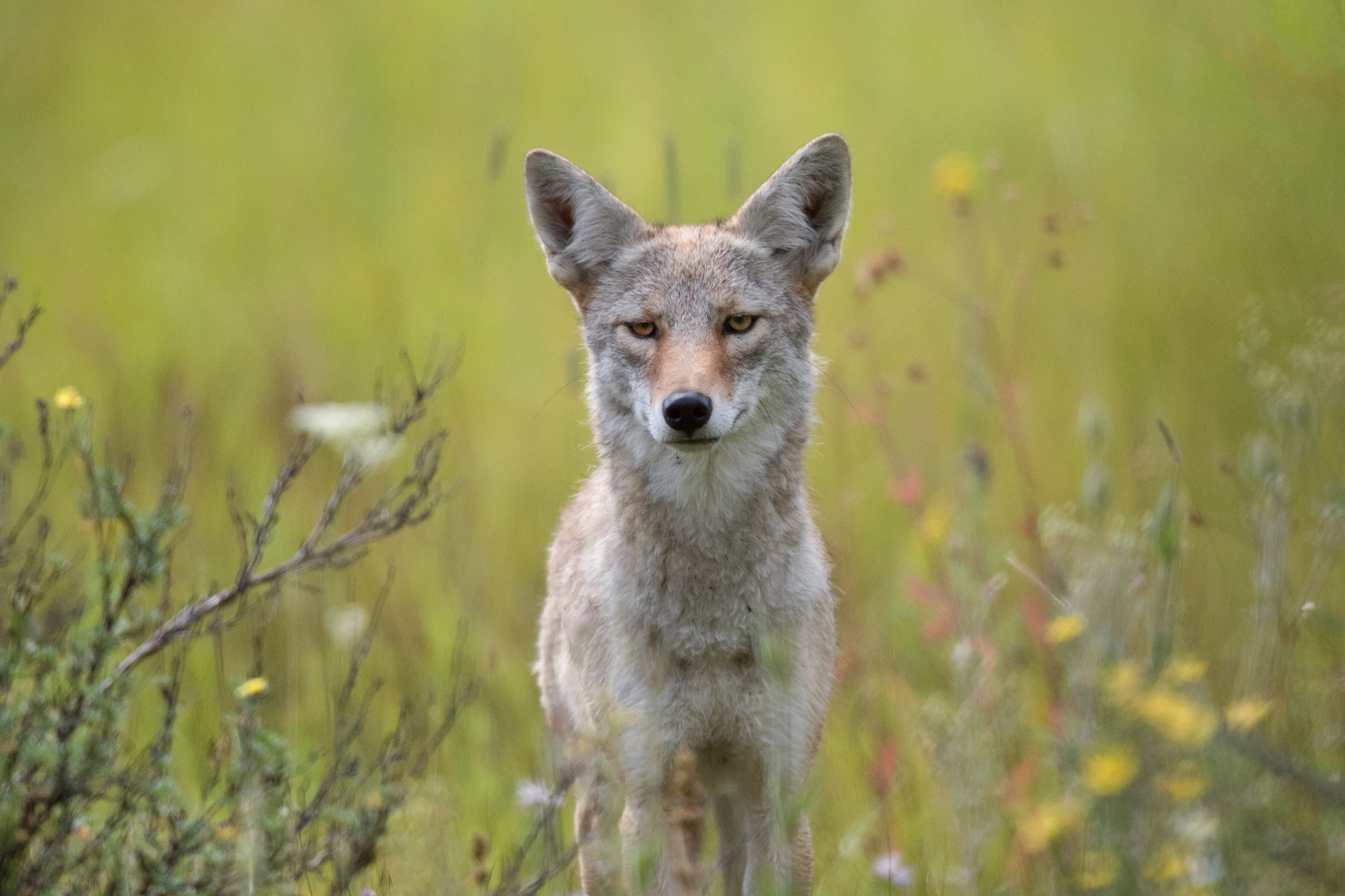
S
Strategic Plan
Wyoming Untrapped is currently focusing on three main program areas; education, reform and advocacy. Education is being used to inform the public of the hazard of Wyoming’s inhumane wildlife trapping practices. We are pushing for reform by encouraging wildlife management agencies and decision makers to modernize the state’s trapping regulations and adopt a progressive level of coexistence. We advocate by mobilizing and informing a concerned citizenry to achieve solution-based strategies to reach our mission.
If you would like to learn more about our strategic plan and our current and future projects, please call 307-201-2422 or email info@wyominguntrapped.org.

Strategic Plan
Wyoming Untrapped is currently focusing on three main program areas; education, reform and advocacy. Education is being used to inform the public of the hazard of Wyoming’s inhumane wildlife trapping practices. We are pushing for reform by encouraging wildlife management agencies and decision makers to modernize the state’s trapping regulations and adopt a progressive level of coexistence. We advocate by mobilizing and informing a concerned citizenry to achieve solution-based strategies to reach our mission.
If you would like to learn more about our strategic plan and our current and future projects, please call 307-201-2422 or email info@wyominguntrapped.org.
